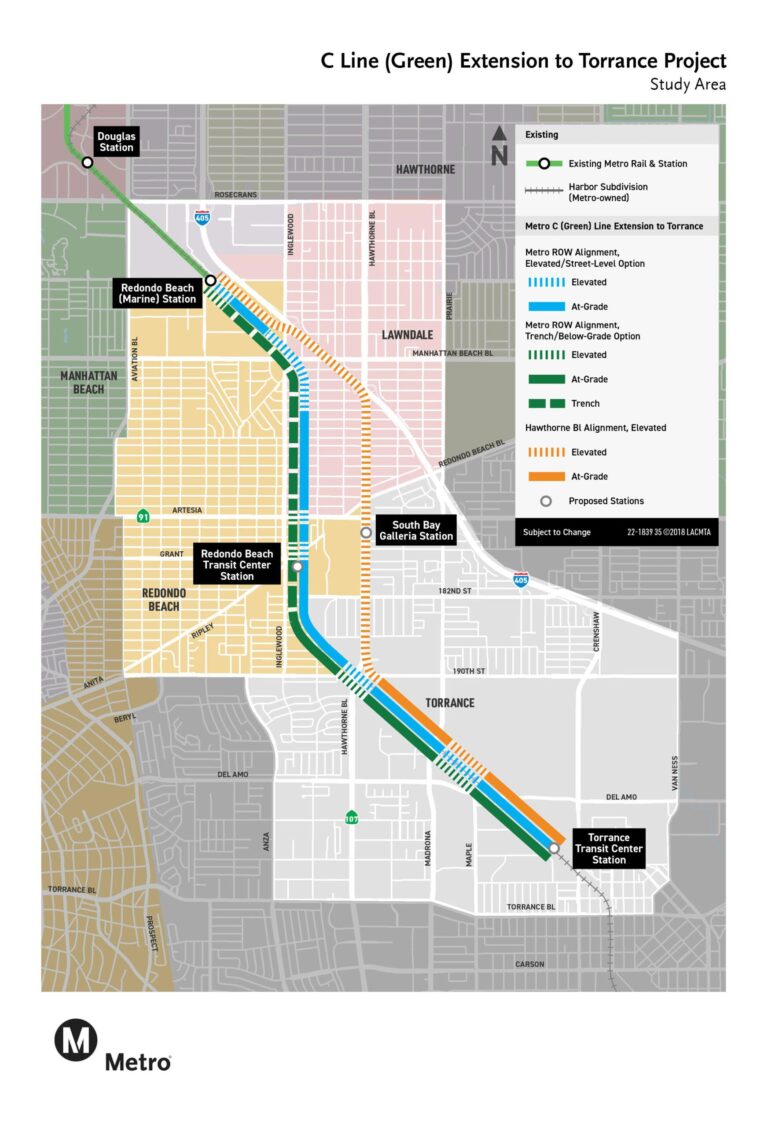The Green Line Extension project, a highly anticipated expansion of light rail service, is facing notable delays and a host of challenges, raising concerns among commuters and local officials. Originally designed to enhance connectivity by extending the Green Line to key suburban communities, the project has encountered obstacles ranging from construction setbacks to budget overruns.This has prompted scrutiny over its timeline and overall impact on regional transit planning, as stakeholders await clarity on when the extension will be fully operational. The delays come amid a broader push to improve urban transit infrastructure and address growing transportation needs in the metropolitan area.
Table of Contents
- Green Line Extension Project Encounters Significant Construction Setbacks
- Funding Shortfalls and Regulatory Hurdles Impact Project Timeline
- Community Concerns and Environmental Challenges Intensify Delays
- Expert Recommendations for Accelerating Completion and Enhancing Oversight
- In Summary
Green Line Extension Project Encounters Significant Construction Setbacks
The ambitious expansion of the Green Line Extension has encountered unexpected hurdles as construction crews grapple with a series of technical and environmental challenges. Unforeseen soil contamination and utility conflicts have forced project managers to halt certain segments temporarily, significantly impacting the original timeline. These setbacks have sparked concerns among local officials and commuters, as budgetary strains intensify alongside the growing schedule delays.
Key issues contributing to the slowdown include:
- Discovery of hazardous materials requiring specialized removal procedures
- Complex rerouting of underground utilities disrupting planned workflows
- Weather-related impacts causing unsafe working conditions
Despite these obstacles, project leaders remain committed to mitigating risks and adjusting strategies to move forward. The challenge now lies in balancing swift progress with strict adherence to safety and environmental regulations,ensuring that the extension not only meets transportation needs but does so responsibly.
Funding Shortfalls and Regulatory Hurdles Impact Project Timeline
The Green Line Extension Project’s timeline has been significantly affected by ongoing funding shortfalls, prompting officials to reconsider the original budget and schedule. With rising construction costs and limited available financing, stakeholders face mounting pressure to secure additional resources. Delays in funding approvals at both the state and federal levels have further exacerbated the situation, causing key milestones to slip and project completion estimates to be pushed back by months, if not years.
Regulatory hurdles continue to compound these financial challenges.Lengthy environmental reviews, permitting issues, and compliance with new safety standards have introduced unexpected complexities. The project must navigate through:
- Stringent environmental impact assessments
- Updated zoning and land-use regulations
- Coordination with multiple governmental agencies
These factors contribute to a cycle of delays, adding both administrative burdens and increased costs. Project leaders emphasize the need for streamlined regulatory processes to avoid further setbacks and to maintain public confidence in the expansion effort.
Community Concerns and Environmental Challenges Intensify Delays
The Green Line Extension has encountered mounting resistance from local community groups expressing concerns over potential disruptions and long-term impacts on neighborhoods. Residents have voiced objections related to noise pollution, increased traffic congestion, and the risk of displacement in historically underserved areas. These concerns have prompted several public hearings, where active community engagement has slowed project approvals and raised calls for additional impact assessments.Community leaders are demanding:
- Greater openness in decision-making
- Stricter environmental safeguards
- Equitable compensation for affected households
Meanwhile, environmental challenges persist as project planners grapple with unforeseen complications tied to local ecosystems. Wetland preservation mandates and the discovery of endangered species habitats have forced costly redesigns and extended timelines.Environmental review processes have been intensified to comply with federal and state regulations, further contributing to delays. These combined pressures underscore the delicate balance between infrastructure advancement and sustainable progress, highlighting the need for more adaptive project management strategies moving forward.
Expert Recommendations for Accelerating Completion and Enhancing Oversight
Industry specialists emphasize the urgent need to implement rigorous project management frameworks to mitigate further delays. They advocate for increased transparency through real-time progress tracking and the establishment of dedicated oversight committees to ensure accountability at every stage. Enhanced coordination between contractors, city officials, and community stakeholders is critical, with experts suggesting periodic independent audits to identify bottlenecks and recommend swift corrective actions.
To accelerate timeline adherence, experts recommend deploying advanced technologies such as building information modeling (BIM) and automated scheduling tools that can detect potential conflicts before they escalate. Key strategies include:
- Streamlining approval processes by reducing bureaucratic hurdles without compromising safety standards.
- Allocating additional resources during critical phases to maintain momentum and address labor shortages.
- Implementing stricter contract management measures to incentivize timely completion and penalize avoidable delays.
These combined efforts aim to restore public confidence and bring the Green Line Extension project back on track efficiently.
In Summary
As the Green Line Extension project continues to encounter delays and challenges, stakeholders remain under pressure to address the obstacles and keep the expansion on track. The outcome will be closely watched by commuters, local communities, and policymakers eager for improved transit options. Future updates are expected as authorities work to resolve issues and move forward with this critical infrastructure development.

